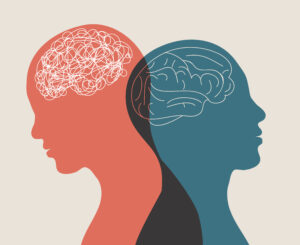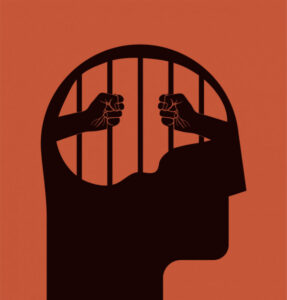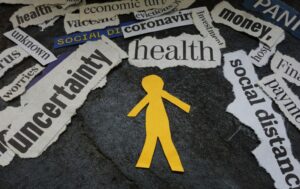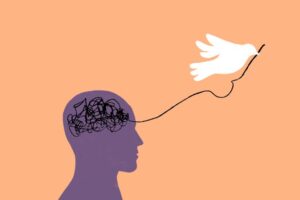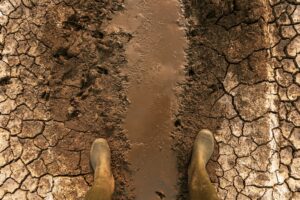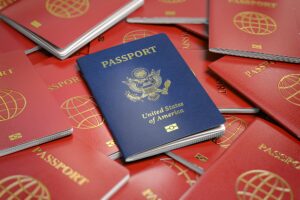There’s a common belief that drinking tea not only doesn’t contribute to your daily hydration, but actively works against it. But does science actually agree that your morning cuppa is dehydrating you?
“Caffeine and other compounds in tea can act as a diuretic, meaning they may make us urinate,” Virginia-based registered dietitian and diabetes educator Caroline Thomason tells USA TODAY. “Keep in mind that does not make them dehydrating.”
Here’s what you need to know about drinking tea and staying hydrated.
Does tea dehydrate you?
“Contrary to popular lore, caffeinated beverages like tea are not inherently dehydrating,” Thomason says.
The confusion, experts say, stems from the fact that caffeine is technically a diuretic, which increases water excretion from the body. But the quantity isn’t really enough to have a sizable impact, research has shown — especially compared to the amount of water in a cup of tea or coffee, which helps balance out any fluids lost.
Does tea count as water intake?
The average person needs about nine to 13 cups of water daily, depending on their gender, amount of physical activity and whether they’re located in an area with a warmer climate, according to the National Academy of Medicine.
But that consumption doesn’t need to come entirely from drinking glasses of water. So yes, drinking tea, which is made with water, counts toward your daily water tally.
“All fluid counts toward your hydration status and total fluid intake for the day,” Thomason says. “Even the fluid intake we get from fruits and vegetables and food counts towards our total fluid intake for the day.”
What is the healthiest tea?We’re breaking down the health benefits of black, herbal, more
What is the most hydrating drink?
Water is never a bad idea. But one study published last year in the American Journal of Clinical Nutrition found that there’s actually a more hydrating option: skim milk.
Researchers discovered that both still and sparkling water are good at quickly hydrating the body, but drinks that contain a small amount of sugar, fat or protein are even better at helping a person stay hydrated for a longer period of time. Milk contains lactose, a type of sugar, along with protein and fat, which slow the stomach’s emptying of fluid and therefore extends the hydration period.
Still, multiple glasses of milk a day probably isn’t the best move — especially for our lactose-intolerant friends. In addition to drinking water, Thomason offers some alternative avenues for staying hydrated.
“Change up your beverage intake to offer variety,” she says. “Sparkling water, tea, herbal tea and coffee all count towards your total fluid intake for the day. Plus, foods like applesauce, yogurt, soup, fresh fruits and vegetables all have water content that contribute to your fluid needs.”
Is decaf coffee bad for you?What to know about calls to ban a chemical found in decaf.
Author:: Bagombeka Job
Credit:: USA TODAY NEWS






